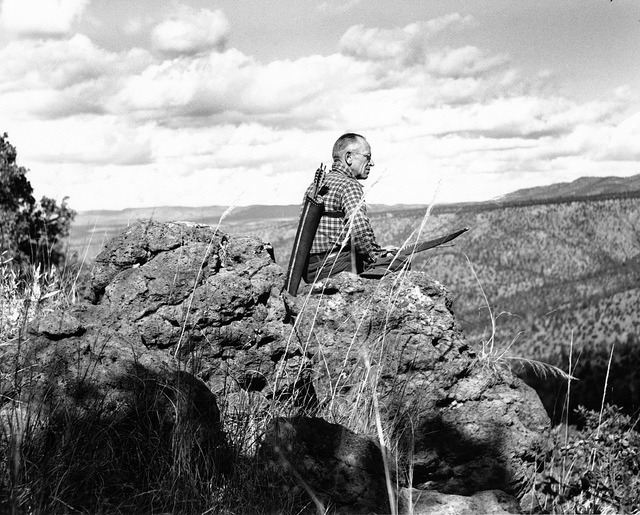8 Famous Conservationists Who Were Also Hunters
OutdoorHub Reporters 07.31.15
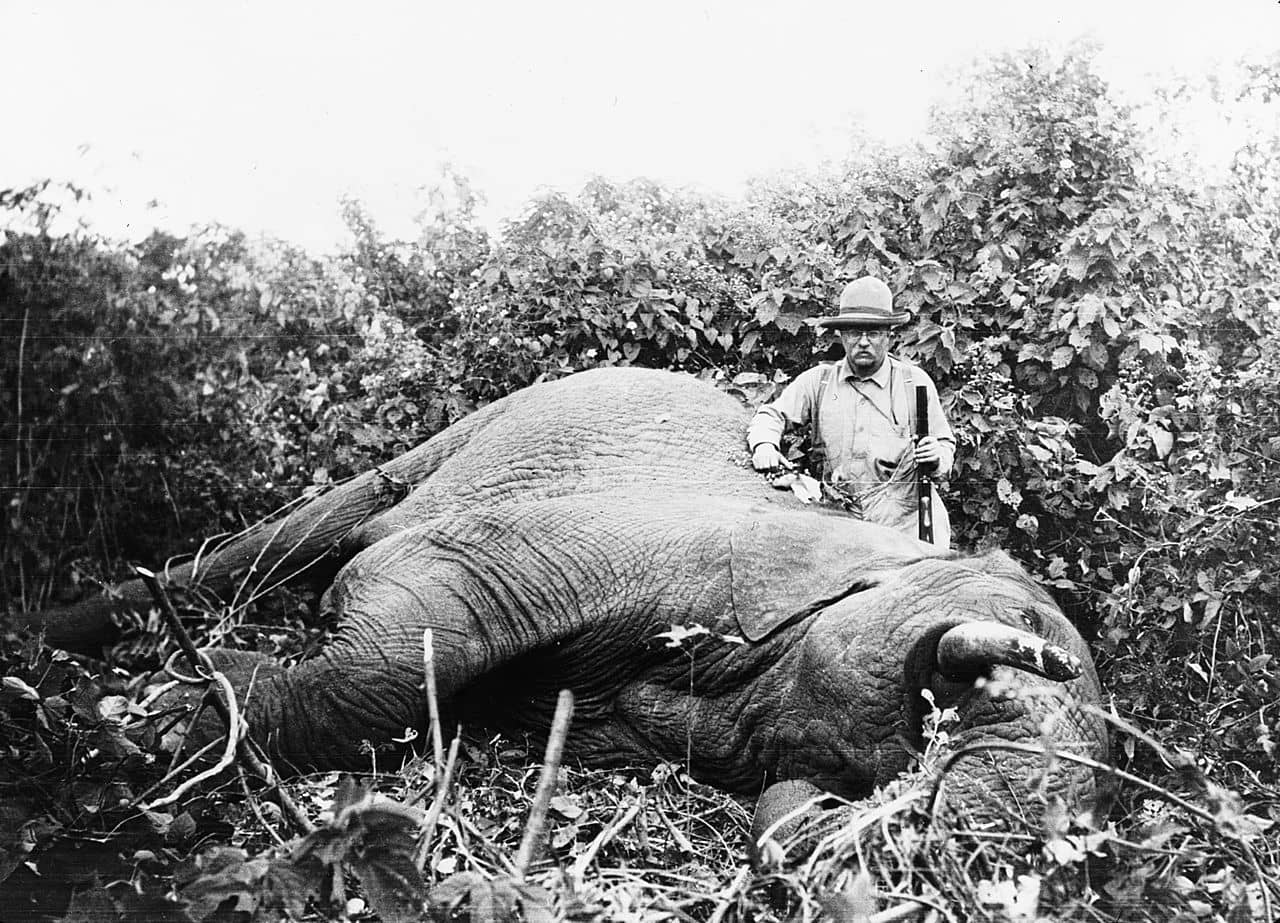
Most hunters know this, but hunting and conservation go hand in hand. This is a list of eight famous hunters who were also staunch conservationists. Many of these individuals’ work influenced modern hunting ethics and conservation policies that are still in place today.
1. John James Audubon
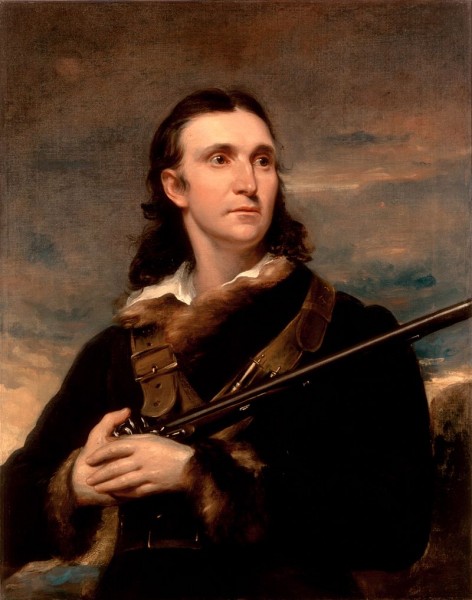
The American ornithologist, naturalist, and painter was famous for his detailed studies of American birds and his beautiful illustrations of birds in their natural habitats. He also shot, killed, and taxidermied every bird he painted.
2. Theodore Roosevelt
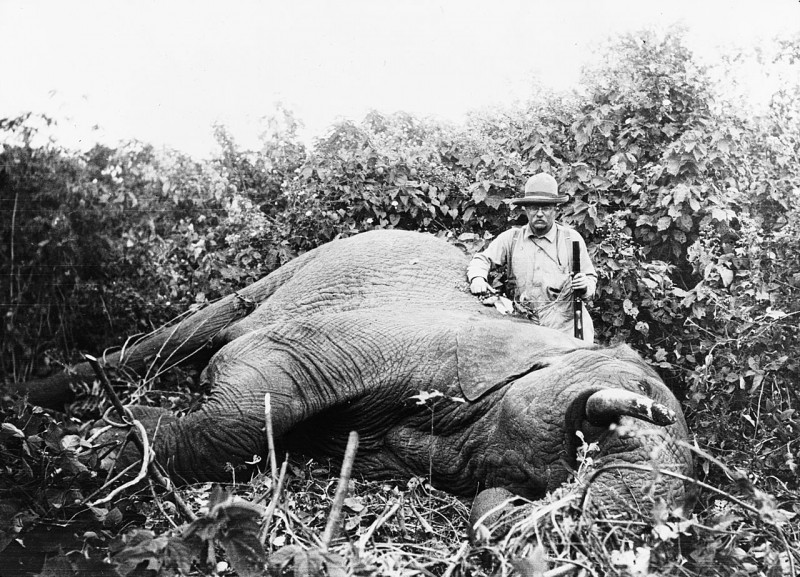
The 26th President of the United States was famous for his outdoor pursuits. Roosevelt was a prolific North American big game hunter, and he also traveled to Africa several times to hunt.
3. Charles Darwin
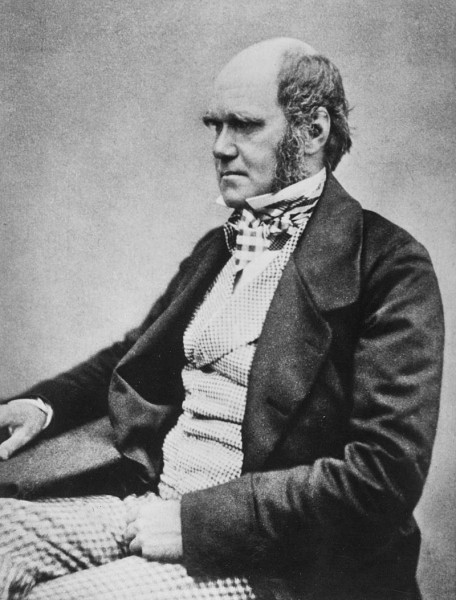
Similar to Audubon, Darwin also hunted for his specimens. From his childhood on, he had an interest in sport shooting and bird hunting.
4. Lewis and Clark
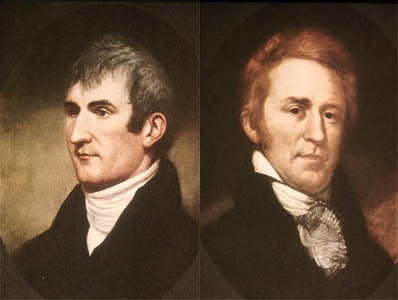
These two explorers hunted for sustenance on their journey across the American wilderness.
5. Jimmy Carter
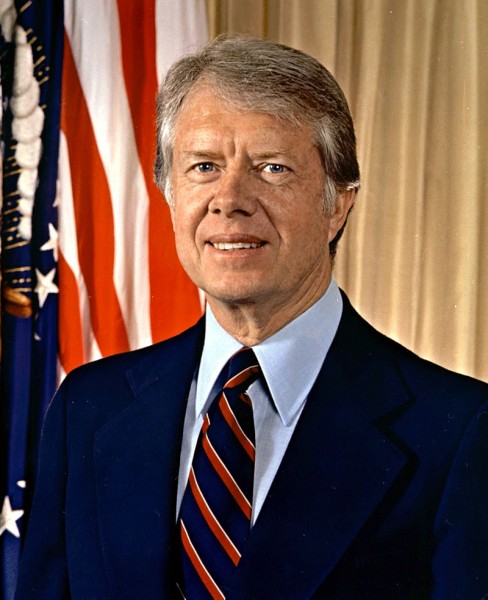
The 39th President of the United States was know for his championing of environmental issues. He’s also an avid hunter and fisherman. In fact, he has written a book on the subject.
6. Ernest Hemingway
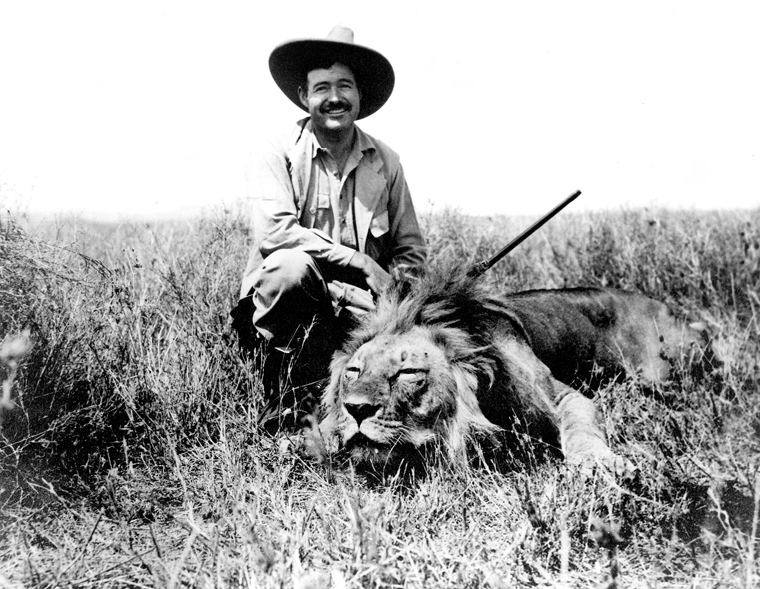
Ernest Hemingway was famous for his literary works his outdoor pursuits. The author was active in marine wildlife conservation, specifically the conservation of gulf marlin.
7. Aldo Leopold
Leopold was one of the founders of the modern environmental ethics and the movement for wilderness conservation. He was also a hunter who advocated for the scientific management of wildlife habitats by both public and private landholders. His work and advocacy is responsible for the modern wildlife management techniques used by government agencies today.
8. Daniel Boone
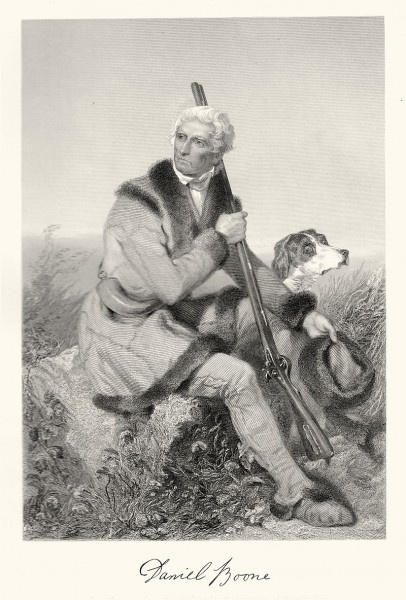
This American pioneer’s exploits are the stuff of legend. He also regretted the encroachment of human settlements on wildlife and wilderness. Boone was an advocate for keeping wilderness “wild” to preserve the game animals living on it.


